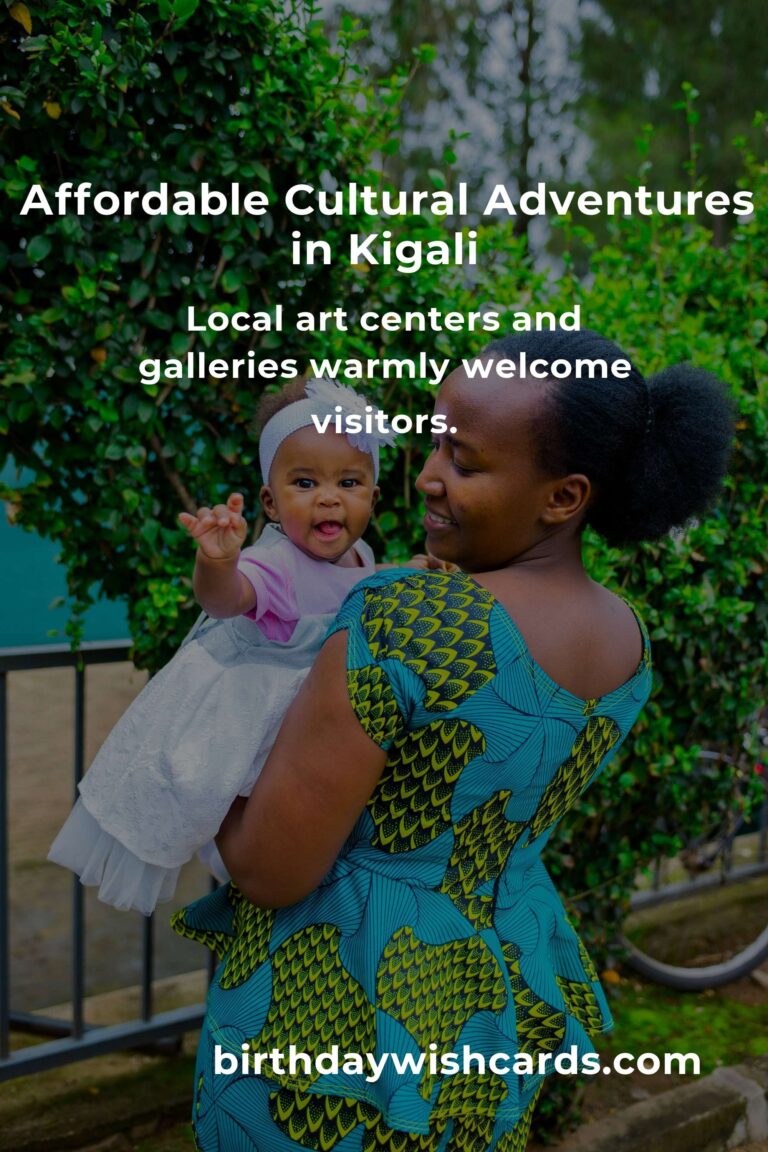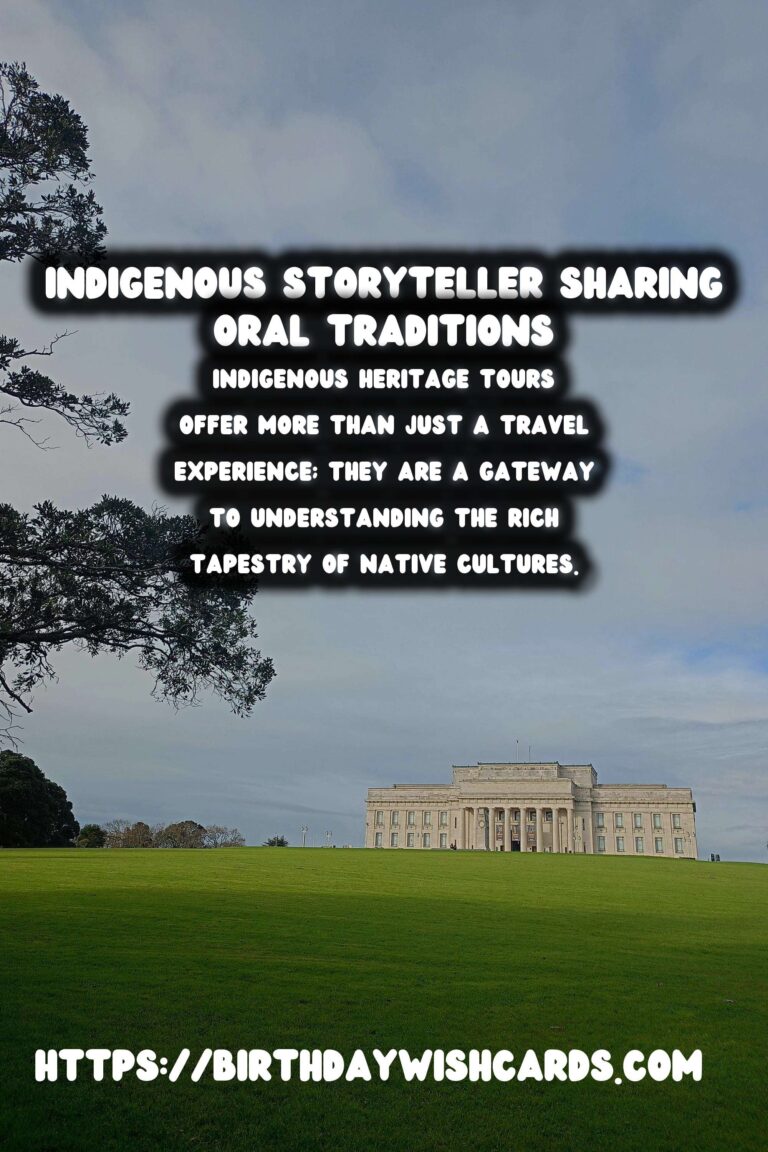
Indigenous heritage tours offer more than just a travel experience; they are a gateway to understanding the rich tapestry of native cultures, histories, and traditions that have been passed down through generations. These tours play a pivotal role in sustaining oral traditions by providing an intimate glimpse into the lives and stories of indigenous communities.
The Importance of Oral Traditions
Oral traditions are the cornerstone of many indigenous cultures, serving as a vital method for passing down knowledge, cultural practices, and historical events. Unlike written history, oral traditions are a living practice, continually evolving and adapted by each storyteller. This dynamic form of storytelling ensures that cultural heritage remains vibrant and relevant, reflecting the unique perspectives and experiences of each generation.
Role of Heritage Tours in Preserving Oral Traditions
Heritage tours provide an authentic platform for indigenous communities to share their stories and traditions with a broader audience. By participating in these tours, visitors engage directly with storytellers who articulate their histories, mythologies, and cultural practices. Such interactions not only preserve and validate indigenous narratives but also foster greater understanding and respect among diverse cultures.
Challenges and Opportunities
While heritage tours present significant opportunities for cultural exchange, they also face challenges. The commodification of culture can sometimes lead to distorted narratives that prioritize entertainment over authenticity. Ensuring that indigenous communities have control over how their stories are presented is crucial in maintaining the integrity of oral traditions.
The rise of digital storytelling platforms offers new avenues for the preservation and dissemination of oral traditions. By leveraging technology, indigenous communities can reach broader audiences while maintaining control over their narratives.
Successful Case Studies
Several indigenous groups across the globe have successfully harnessed heritage tours to sustain their oral traditions. For instance, the Maori in New Zealand and the First Nations in Canada have developed programs that integrate traditional storytelling with modern tour experiences. These endeavors have not only bolstered local economies but also facilitated the intergenerational transmission of culture.
Conclusion
Indigenous heritage tours hold the potential to preserve and elevate oral traditions in a rapidly changing world. By supporting these tours, travelers contribute to the cultural sustainability of indigenous communities, ensuring that these rich, diverse narratives continue to thrive.
Indigenous heritage tours offer more than just a travel experience; they are a gateway to understanding the rich tapestry of native cultures. By participating in these tours, visitors engage directly with storytellers who articulate their histories, mythologies, and cultural practices. 
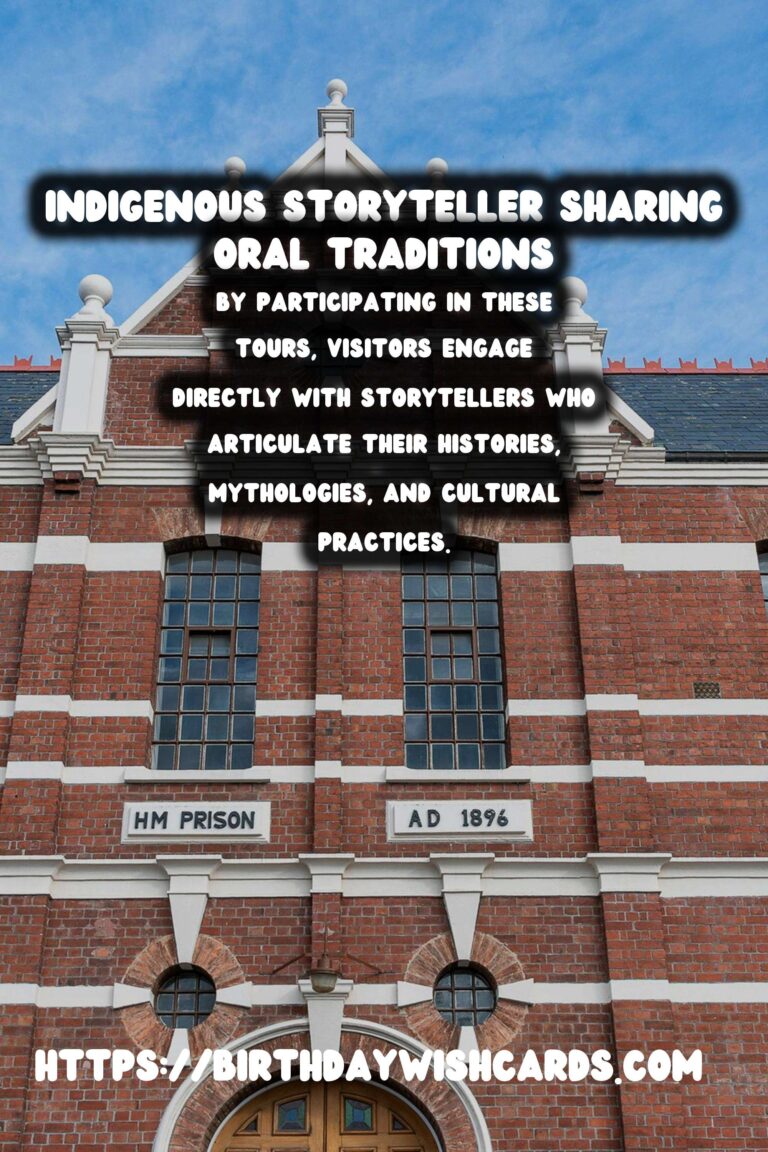
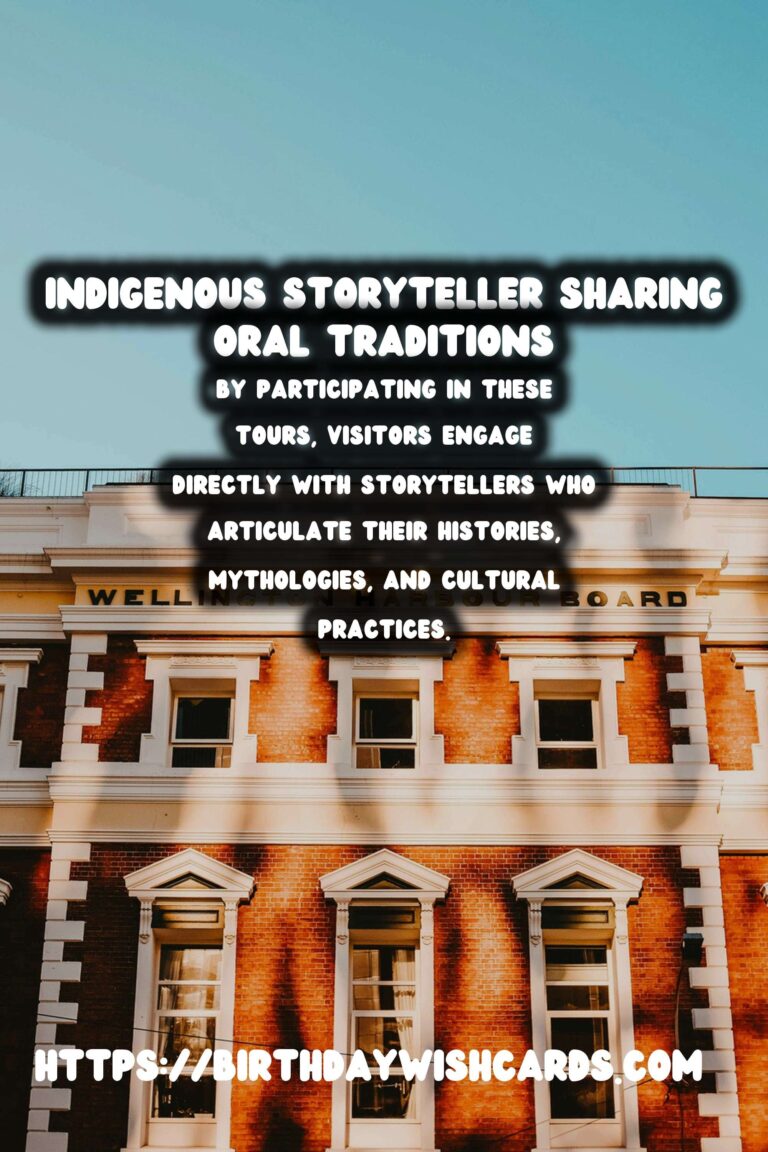
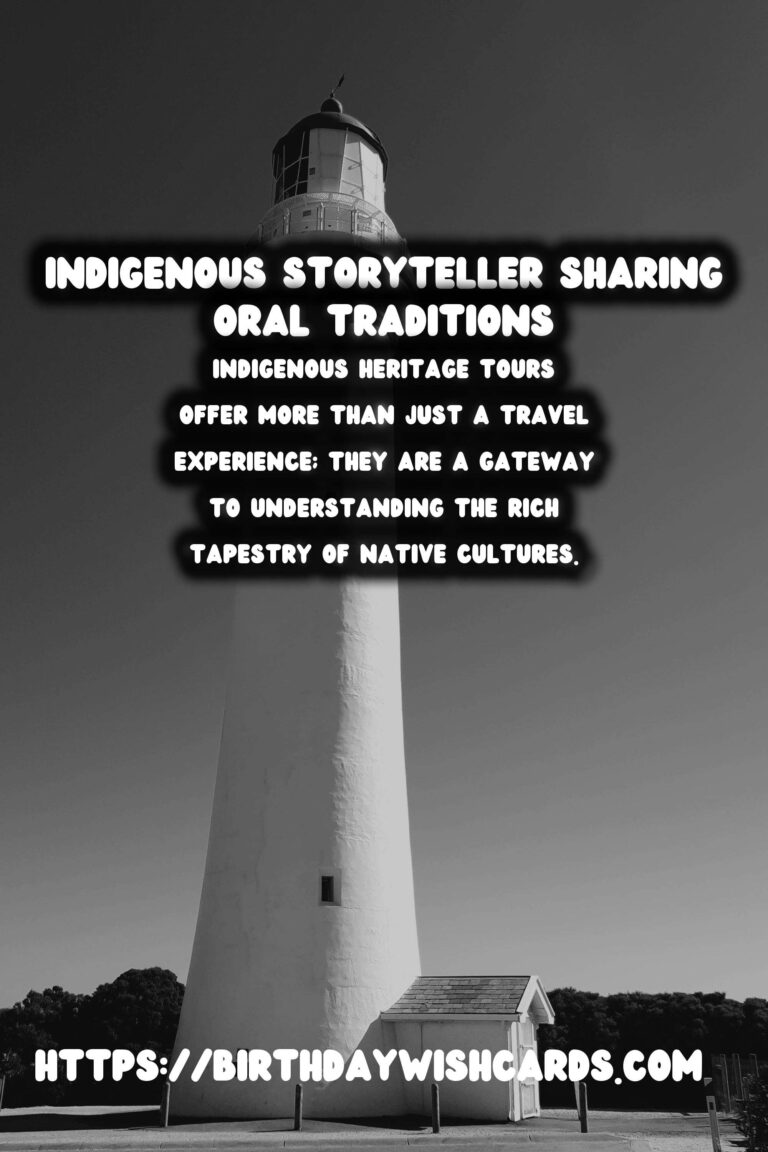
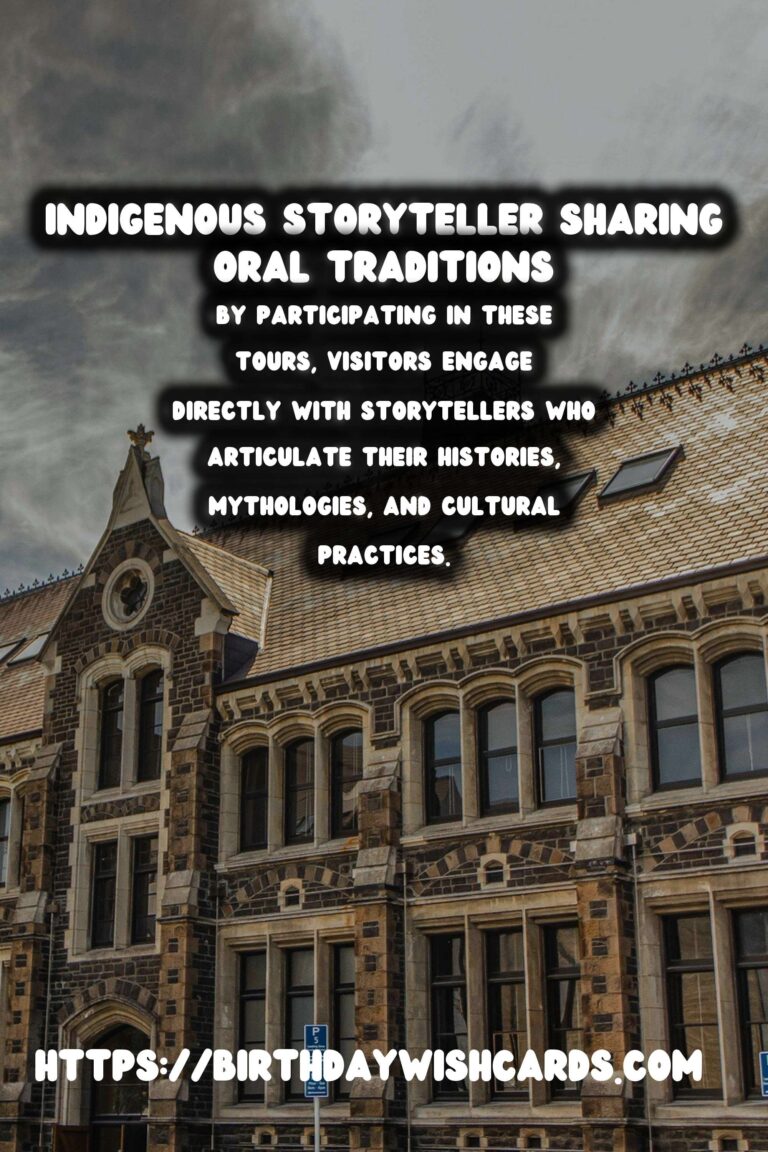
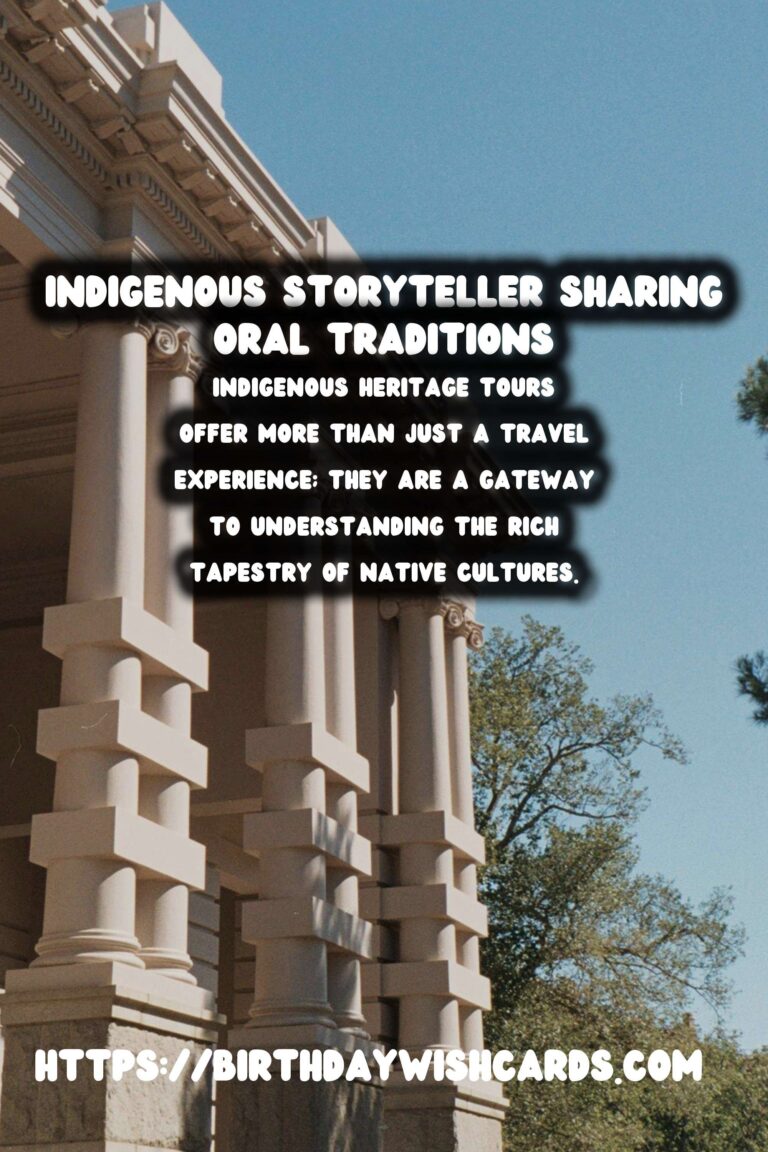
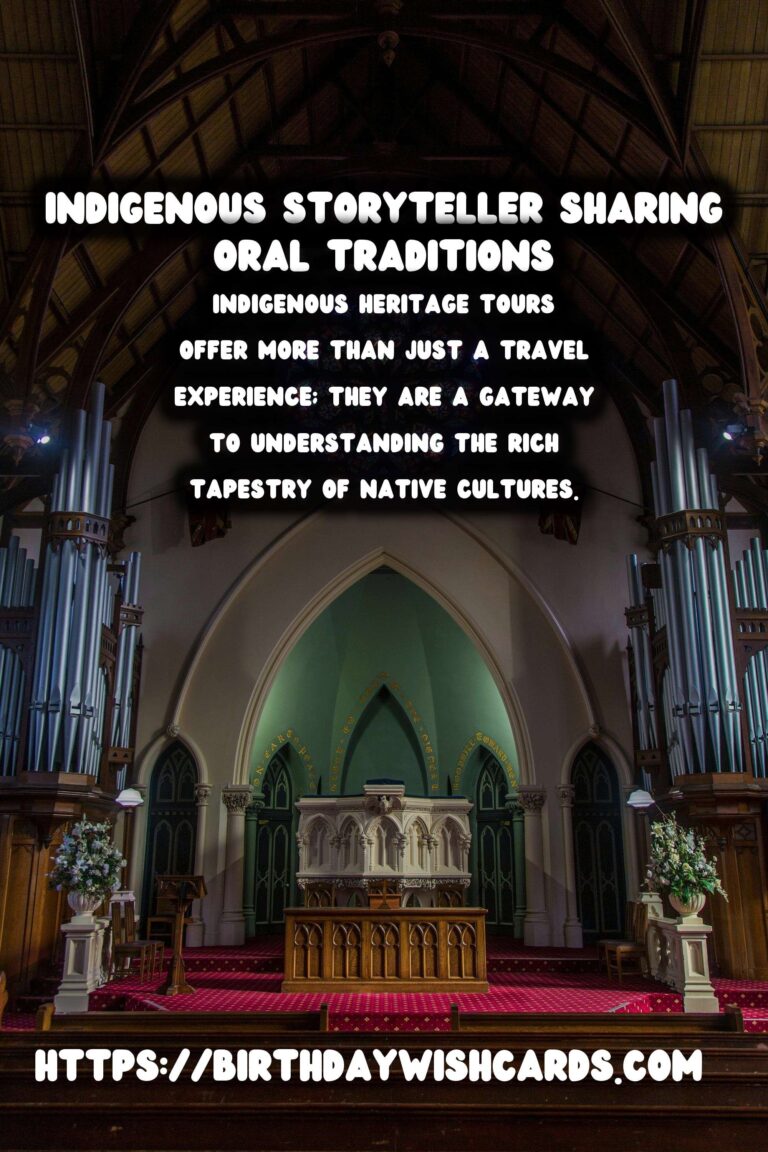
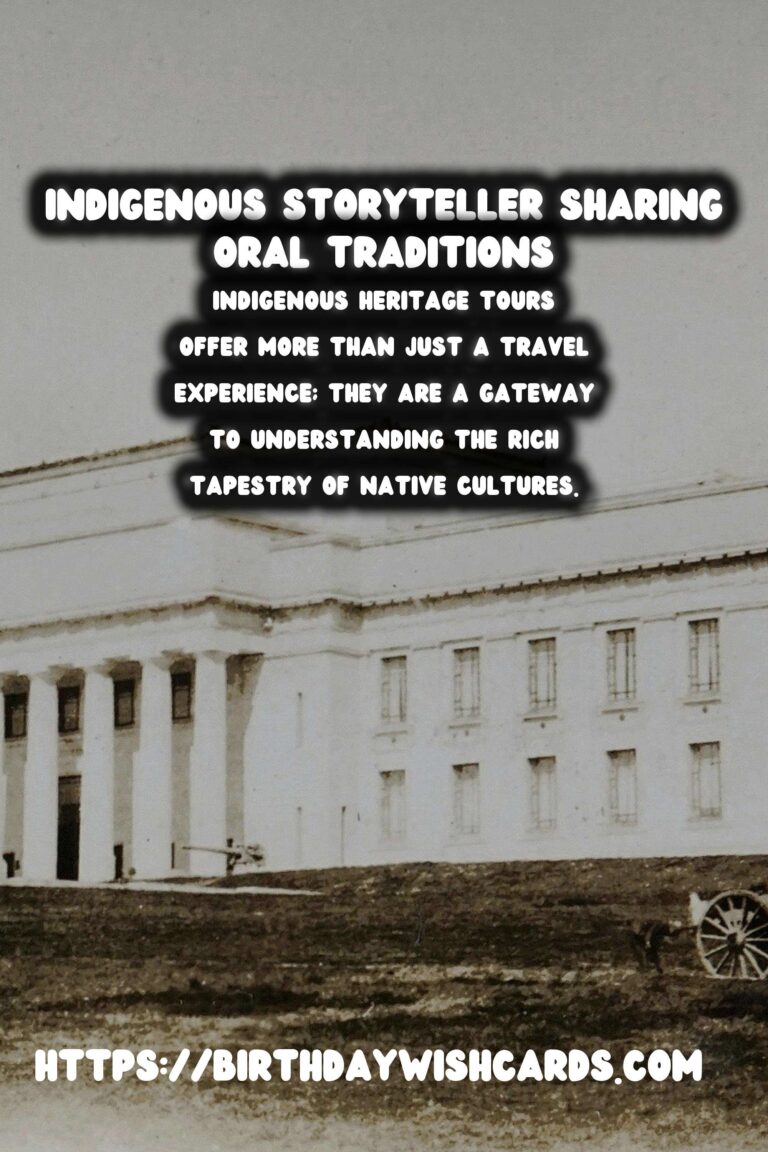
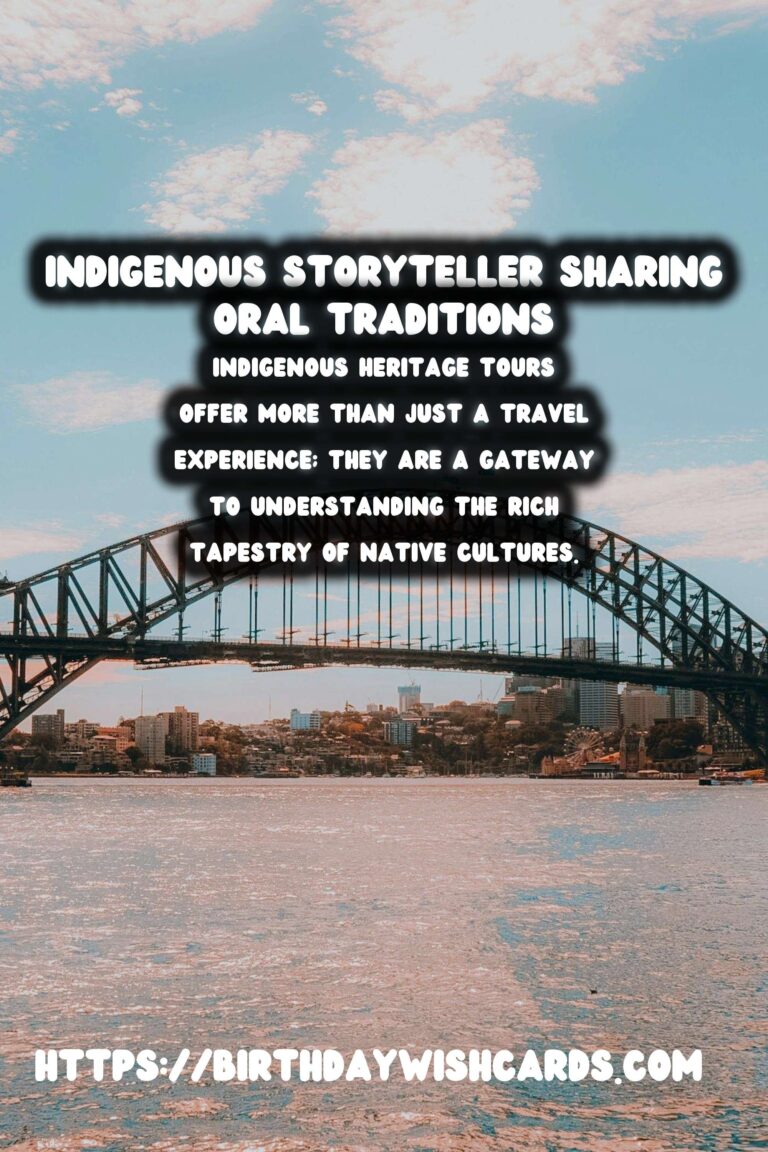
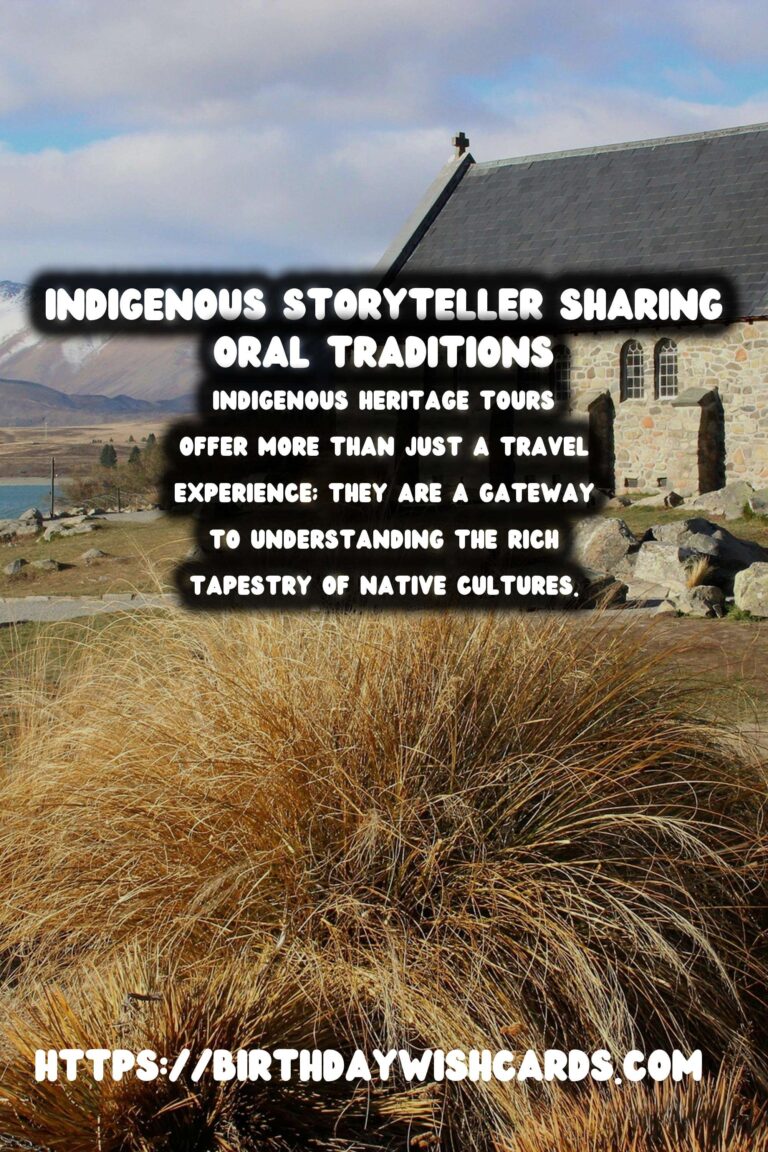
#IndigenousCulture #OralTraditions


